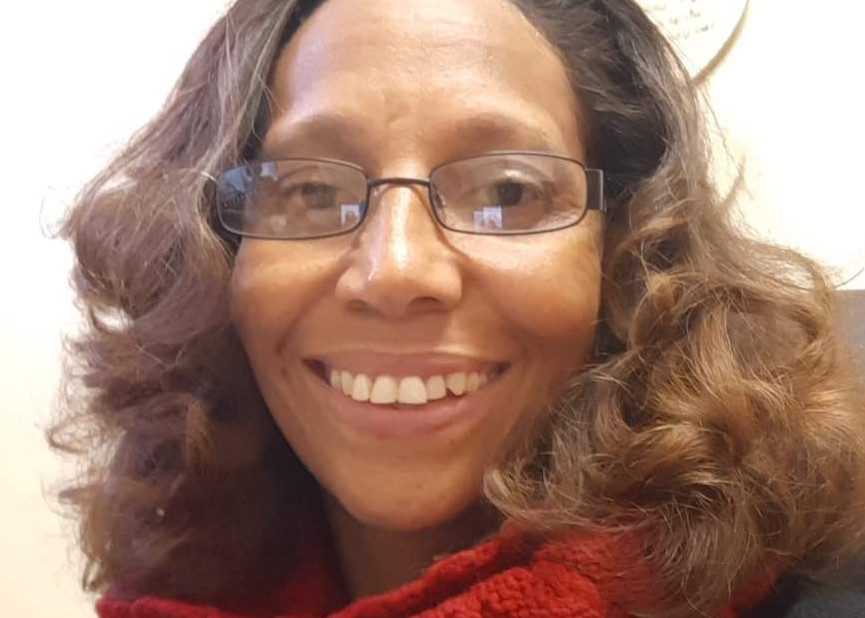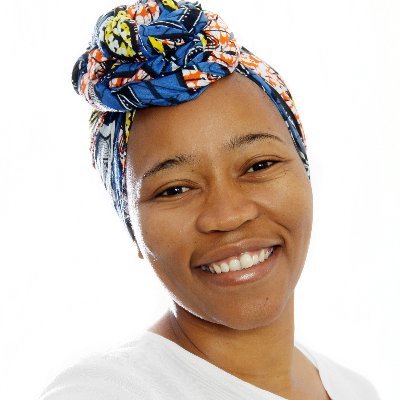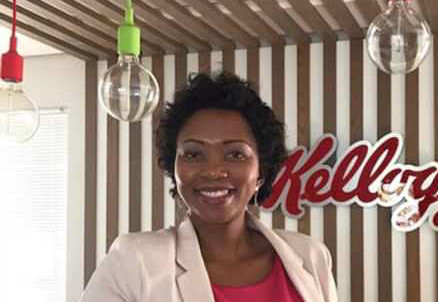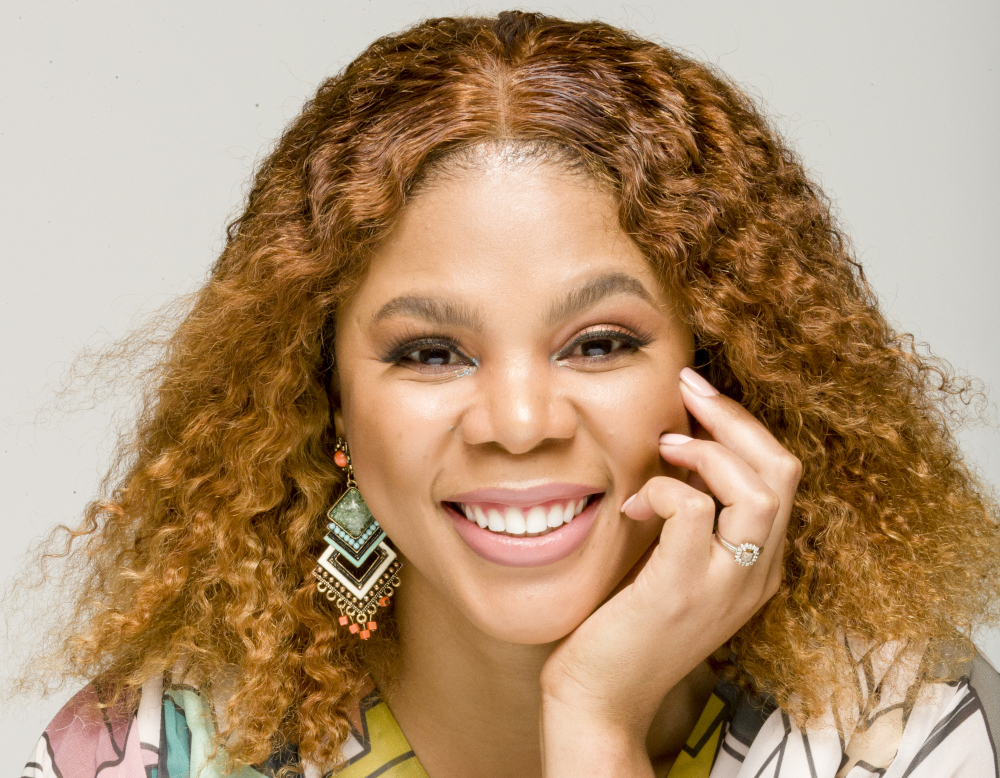First Lady Dr Tshepo Motsepe
In commemoration of World Breastfeeding Week, Grow Great and South African Civil Society for Women’s Adolescents’ and Children’s Health (SACSoWACH Coalition) sponsored a Mail & Guardian webinar titled Breastfeeding: A shared responsibility. It was moderated by Olwethu Leshabane and the speakers were: First Lady Dr Tshepo Motsepe, Dr Chantell Witten, Dr Wanga Zembe, Sinikiwe Mqadi , Terence Mentor, Zandile Mposelwa and Zikhona Sodlaka.
As the maxim goes, “breast is best”, and research has shown that breastfeeding is critical for the health and wellbeing of children. And yet, South African mothers are struggling to breastfeed their babies for the first six months of life — the period during which they should be consuming only breast milk.
 Chantell Witten
Chantell WittenThis World Breastfeeding Week, experts are asking themselves how breastfeeding women can be supported and encouraged to breastfeed. It requires the support of the whole of society, and the understanding that breastfeeding is a shared responsibility.
Dr Tshepo Motsepe, South Africa’s first lady and a medical doctor and businesswoman, said that about 80% of mothers initiate breastfeeding, but only one in three will continue breastfeeding throughout the first six months of the baby’s life — when a child should be receiving breast milk only.
Breastfeeding is not only important for the baby’s nutrition, she said. Breastfeeding helps to prompt the release of the hormone oxytocin, which is released during skin-to-skin contact. Known as the “love” hormone, oxytocin helps the mother’s uterus contract and warms her body, comforting the baby, Motsepe said. It is also responsible for the release of the first breast milk excretion, known as “yellow gold”, she said.
 Sinikiwe Mqadi
Sinikiwe Mqadi“We must, collectively, find ways to support our mothers and create a supportive environment so that mothers can optimally breastfeed their babies,” said Motsepe.
Chairperson of the Child Health Association, Chantell Witten, said the reasons why women do not breastfeed are often structural.
“Many of our women find themselves in very, very difficult circumstances. Economically, we know that the burden of unemployment is on women. We know that the burden of childbearing, and single parenthood, is on women. We also know that women are struggling in homes, to keep homes going. And so the demands of breastfeeding are very well understood.
“In order to breastfeed, the baby needs to be with the mother. If the baby is not with the mother, we already have a very significant structural barrier,” she said.
 Dr Wanga Zembe
Dr Wanga ZembeDr Wanga Zembe-Mkabile from the South African Medical Research Council said there were significant challenges for low-income women.
“The first challenge as a mother is your socioeconomic status,” she said. She added that laws around breastfeeding support were not mandated, so while employers are encouraged to support breastfeeding women, they are not forced to do so.
Among women who work in the informal sector, support outside of the mother’s home is “non-existent”.
“For those women, for instance domestic workers, often they have to leave their babies within the first or second week after delivery. As soon as they stop working to go deliver, it’s unpaid work,” she said. Witten added that mothers who have to go out and look for work after giving birth cannot breastfeed.
 Terence Mentor
Terence MentorOutside of the workplace, support from family members, especially fathers, is critical, the panellists agreed. Media personality Terence Mentor said fathers needed to be educated and included in conversations about breastfeeding before the birth.
He said that fathers need to become advocates for mothers, and this means understanding their needs and the needs of the baby. This includes making sure mothers have the right physical environment for breastfeeding.
“What a lot of people don’t realise is that this is not a conversation; it’s a learning that men should have before they have a child,” he said.
 Zandile Mposelwa
Zandile MposelwaAccording to Witten, another reason why women don’t breastfeed is that they believe their milk isn’t “good enough”, either because they don’t get enough nutrition or because they aren’t healthy enough. They’re led to believe that their milk needs to be “supplemented” with infant formula.
Witten cautioned against “aggressive marketing” from infant formula companies.
Zandile Mposelwa from Kelloggs South Africa said corporates need to come on board to support working mothers who are breastfeeding.
She said employers need to ask themselves: “What will I lose if my female employee takes that break to breastfeed? Very little.”
 Olwethu Leshabane
Olwethu LeshabaneMposelwa said that the children of mothers who breastfeed will be sick less, which means the mothers will be away from work less, which means an increase in productivity. Employees were also more likely to be loyal.
“But it’s also about humanity. Let’s just do the things that make life easier for people. This should be a no-brainer,” Mposelwa said. — Sarah Evans
For more insights into the webinar discussion, watch the YouTube link below: